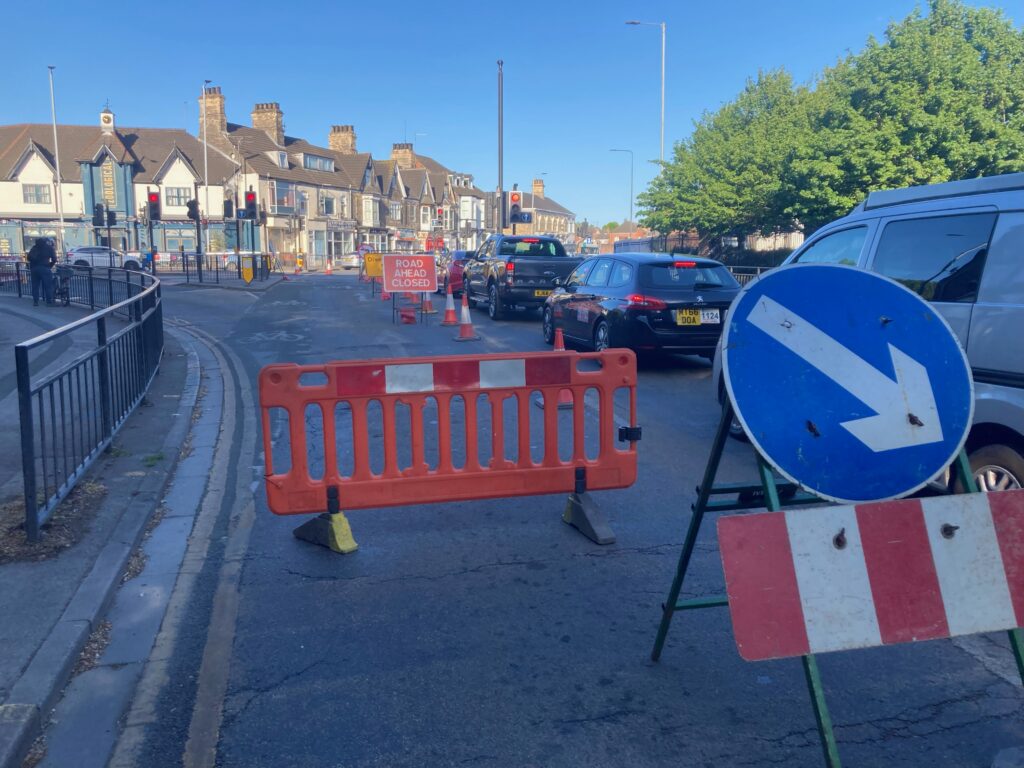It’s the question on the mind of anyone currently driving down Spring Bank, so our aquatic conduit correspondent Angus Young dives into the causes.

If you happen to be driving on Spring Bank and Spring Bank West at the moment, taking a turn into Princes Avenue is a no-no. The reason for the temporary closure of the junction can clearly be seen in the shape of a big hole in the carriageways in Princes Avenue directly opposite the Old Zoological pub. The crater is the result of a recent burst water main which erupted almost exactly four years after a similar burst at the same spot. Sadly, burst water mains have become a familiar sight for motorists in Hull.
Name any main road in the city and you can probably guarantee there’s been a burst or two in recent years. So why do they happen?
According to Yorkshire Water, the most common reasons are the age and material of a particular pipe, weather conditions and changes in water pressure. Much of Hull’s urban infrastructure has its origins in the late Victorian or early Edwardian era, making it at least eligible for an OAP bus pass. As such, old metal pipes typically suffer corrosion over time making them weaker and more prone to bursting. Equally, lead pipes are also at increasing risk of suffering leaks as they get older.

After a city centre mains burst briefly left Osborne Street underwater in 2018 it was revealed some the ruptured pipework was over 100 years old. Some of the recent bursts in Bankside have involved even older pipes. Extreme weather can also take its toll. While the potential for pipes to burst as a result of expansion of the water inside them freezing is well known, the more common cause of weather-related bursts involves changes in soil temperature and moisture in the ground. Both can cause the earth to shift and damage underground pipework. As Hull lies on a bed of thick clay, its porous nature makes the city even more vulnerable to geological mayhem.
Sudden fluctuations in water pressure within the system can also lead to pipes going pop. A sharp increase or decrease in pressure often triggered by periods of high demand can put stress on pipes and if they’re old, fragile ones then the chances of a burst are heightened.
To address the problem, Yorkshire Water says it is investing £406m over the next five years to replace over 1,000km of mains across the region – including Hull – to reduce leaks and bursts.
Lee Boshell, Yorkshire Water’s capital delivery programme, said: “We have already identified our first two years’ worth of mains replacement and we are working towards year three of the five-year programme. Having long-term visibility of the programme of works allows us to work closely with local authorities, highways and other utility providers, so that we can collaborate with them to renew mains and other services in one go. This is an important investment for our business and customers and will help us to improve the performance of our clean water network to reduce leakage and supply interruptions for our customers.”
